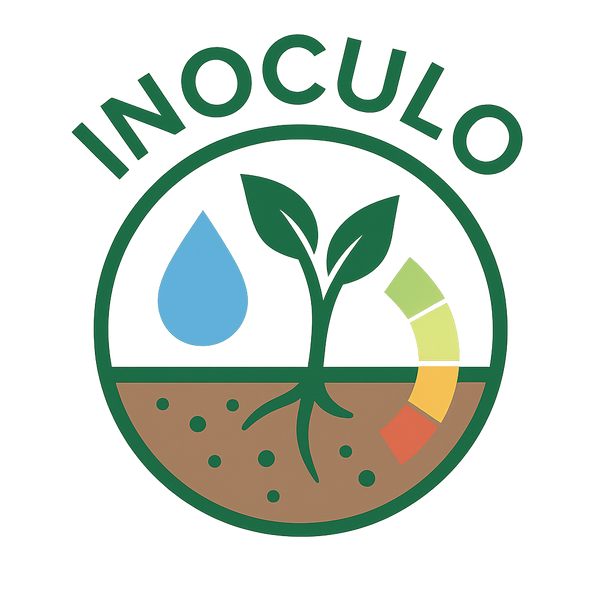Gardening is a rewarding hobby that brings joy, beauty, and even fresh produce to your home. However, achieving a thriving garden requires more than just planting seeds and watering them. One crucial factor that often gets overlooked is the pH level of your soil. Understanding and managing soil pH can make a significant difference in the health and productivity of your plants. That's where our soil pH test kits come in!
Why Soil pH Matters
Soil pH measures the acidity or alkalinity of your soil, which directly affects nutrient availability and microbial activity. Most plants prefer a slightly acidic to neutral pH (6.0 to 7.0), but some plants, like blueberries and azaleas, thrive in more acidic conditions. If your soil's pH is too high or too low, your plants may struggle to absorb essential nutrients, leading to poor growth and reduced yields.
Benefits of Using Our Soil pH Test Kits
- Accurate Results: Our soil pH test kits provide precise readings, allowing you to make informed decisions about soil amendments.
- Easy to Use: Designed for home gardeners, our kits come with clear instructions and all the necessary components for quick and easy testing.
- Cost-Effective: Regularly testing your soil can save you money in the long run by preventing over-fertilization and ensuring optimal plant health.
- Versatile: Suitable for all types of gardens, whether you're growing vegetables, flowers, or ornamental plants.
How to Use Our Soil pH Test Kits
- Collect a Soil Sample: Dig a small hole about 6 inches deep and take a sample from the bottom. Repeat this process in different areas of your garden to get a representative sample.
- Prepare the Sample: Mix the soil samples together in a clean container and remove any debris or stones.
- Test the Soil: Follow the instructions provided with the kit to test the soil's pH. This usually involves mixing the soil with a testing solution and comparing the color change to a pH chart.
- Interpret the Results: Use the pH reading to determine if your soil needs any amendments. For example, if your soil is too acidic, you might add lime to raise the pH. If it's too alkaline, sulfur can help lower it.
Tips for Maintaining Optimal Soil pH
- Regular Testing: Test your soil's pH at least once a year, preferably in the spring before planting.
- Amend Gradually: Make gradual adjustments to avoid shocking your plants. It's better to amend the soil slowly over time.
- Monitor Plant Health: Keep an eye on your plants for signs of nutrient deficiencies or poor growth, which can indicate pH imbalances.
Conclusion
Investing in a soil pH test kit is a simple yet powerful way to ensure your garden thrives. By understanding and managing your soil's pH, you can create the ideal growing conditions for your plants, leading to healthier, more productive gardens. Browse our selection of soil pH test kits today and take the first step towards unlocking the full potential of your garden!
